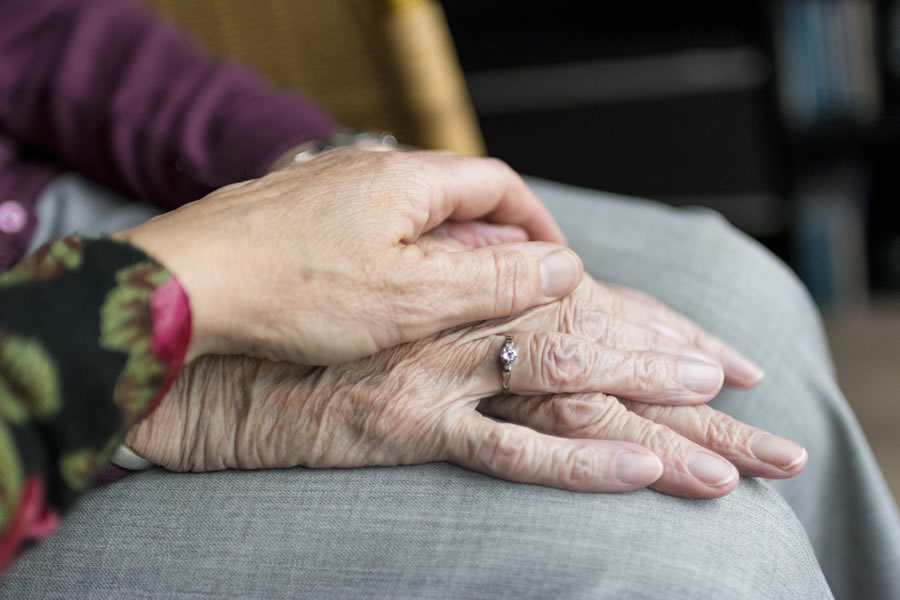
A True Helper and Friend
04-21-2024The Pastor's PenDear Friend,
Among the many books wri)en by Henri Nouwen (1932-1996), one stands out as an enduring little classic, The Wounded Healer. For those who knew him, this book is especially powerful because, without expressly intending to do so, it describes very well the man himself. It was because of his own wounds that he was able to touch the lives of so many people.“By his wounds we have been healed,” St Peter wrote of Jesus (1 Peter 2:24).
However, there was a different reaction to Nouwen’s book from a group who reviewed it and announced that a Christian minister should not come before people as a wounded healer but as “a prophet of God and as a helper in their afflictions.” These different reactions show a gulf between Christians that is probably deeper than most of the issues that divide Christians Churches.
Are you helped by someone who defines himself as a helper? Can you feel cared for by someone who defines himself as a prophet? If the Christian life were only a matter of external prescriptions, then probably yes in the way that you can get help from an accountant or a lawyer. But since it touches the innermost places in us, the very springs of our thoughts and actions, this approach can sometimes be less than helpful.
From Nouwen, a contrasting approach (in Out of Solitude): “When we honestly ask ourselves which persons in our lives mean the most to us, we oBen find that it is those who, instead of giving much advice, solutions, or cures, have chosen rather to share our pain and touch our wounds with a gentle and tender hand. The friend who can be silent with us in a moment of despair or confusion, who can stay with us in an hour of grief and bereavement, who can tolerate not-knowing, not-curing, not-healing and face with us the reality of our powerlessness, that is the friend who cares deeply for us.
By the honest recognition and confession of our human sameness we can participate in the care of God who came, not to the powerful but powerless, not to be different but the same, not to take our pain away but to share it. Through this participation we can open our hearts to each other and form a new community."
God’s call made Isaiah aware of his own weakness and unworthiness, exactly as Jesus’ call to Peter made Peter blurt out, "Go away from me, Lord, for I am a sinful man!" If Christians do not carry the precious knowledge of their own weakness and sinfulness, then all their attempts to help you are nothing but an ego trip: by ‘helping’ you they are feeding on your strength and making you weak; by ‘loving’ you they are seeking ways to snare you and make you dependent on them; by ‘caring’ for you they are preening their own image.
Henri Nouwen writes these words to us with humility: "We tend to look at caring as an aHtude of the strong toward the weak, of the powerful toward the powerless, of the have’s toward the have-not’s, however, the word ‘care’ finds its roots in the Gothic ‘Kara’ which means lament. The basic meaning of care is: to grieve, to experience sorrow, to cry out with.”
In order to "care" we must pray always and never lose heart.
Father Matthew
BACK TO LIST